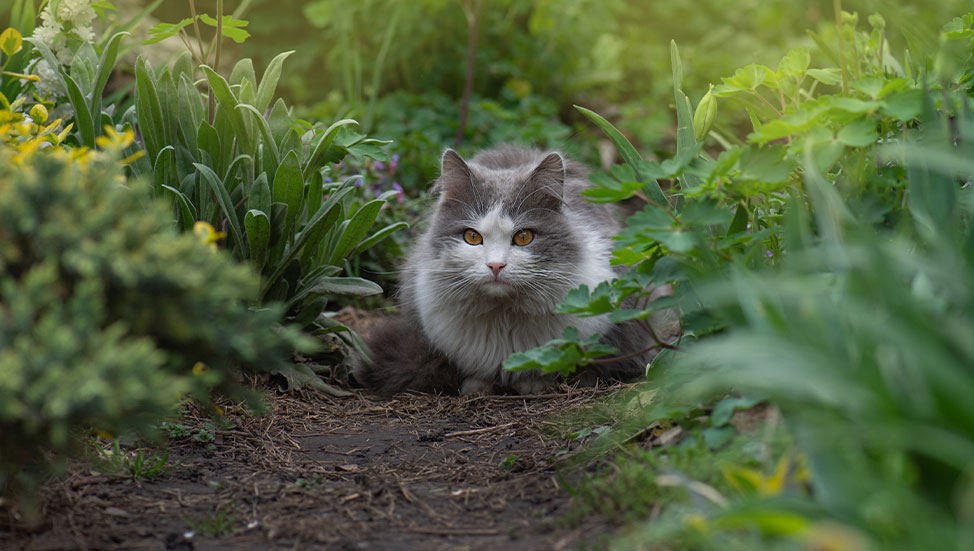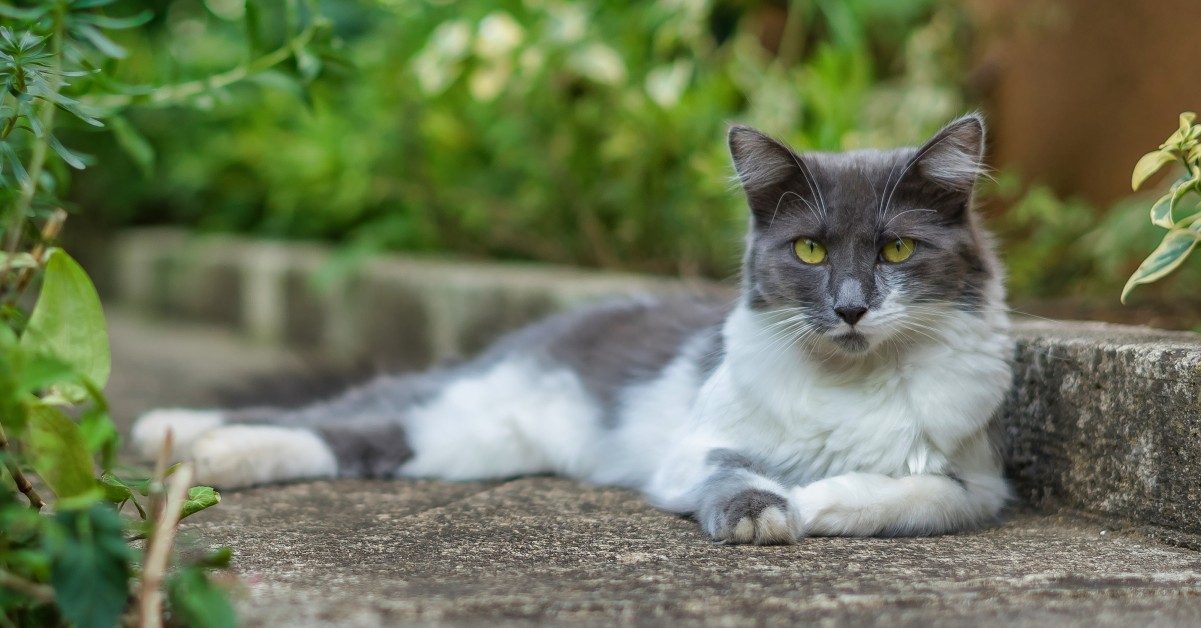Ask Dr. Jenn: My cat keeps bringing me dead animals. How can I prevent this? Should I be worried about rabies?
How to protect your cat if he is an active hunter

Ugh. I hear you. Is there anything more disgusting than when your beloved kitty drops a dead mouse at your feet? He is strutting around looking for praise and admiration of his latest kill and you just want to scream and run away.
This behavior may seem very gross to us, but cats are just following their instincts. Cats are natural born predators, many with a strong prey drive. They hunt because it is their nature, and they bring their trophy home to share with their family.
Unfortunately, you can no more train a cat to stop hunting than you can train a bird to stop singing. As long as there is prey around, your cat will continue to hunt, and continue to bring you his trophies. If you absolutely cannot tolerate this behavior, I recommend keeping your kitty indoors. You can help satisfy his urge to hunt by enriching his environment. Use a laser pointer to burn off energy. Buy toys that slowly dispense food throughout the day. Doc and Phoebe’s Indoor Hunting Feeder is a set of mouse-shaped toys you can fill with food and hide around the house so your cat can “hunt” for them.
If your cat really wants to spend time outside, you can build an outdoor enclosure or train him to walk outside on a leash. This will limit his exposure to rodents and other prey but still give him some freedom.
Fortunately for our hunting cats, rabies is rarely reported in their common prey. Rabies is a disease restricted to mammals and cannot be contracted from birds, fish, reptiles, or amphibians. Rodents such as mice and rabbits can contract rabies, but they rarely survive the attack from a rabid animal. They will likely die before they have a chance to transmit the disease to other animals. The biggest risk to your cat is from larger mammals. Rabies is usually transmitted through a bite. If your cat is fighting with other mammals, including other cats, dogs, racoons, and skunks, there is a risk of exposure to rabies.
Thankfully, the rabies vaccine administered by veterinarians is very affective at protecting our pets from contracting rabies. The best way to prevent rabies in your cat is to keep him up to date on his rabies vaccine. The duration of the effectiveness of the rabies vaccine varies by the type of vaccine used. Some rabies vaccines last one year and others three years. Local laws also help determine how often your pet should be vaccinated. It is best to take your cat to the veterinarian at least yearly for an examination and to discuss updating vaccinations. Many veterinarians will also advise to booster your cat’s rabies vaccine if there has been any known exposure to a possibly rabid mammal.
A bigger concern with cats hunting is the transmission of intestinal parasites. Ingestion of rodents and rabbits can result in your cat getting tapeworms. Birds can transmit salmonella. Roundworms and hookworms can be found in the dirt and the feces of other animals. I recommend a general dewormer at least every three months for hunting cats.
All cats should have at least a yearly exam by a veterinarian. This is especially true for cats that spend time outside. Your veterinarian can guide you on the best way to give your kitty the freedom he wants but still keep him healthy.
Ready to start saving money on pet wellness care?
Then take a look at Mint Wellness, the pet wellness plan that provides fast reimbursement on routine pet care. Save on vaccinations, wellness exams, preventatives, dental, and more!
Learn More


